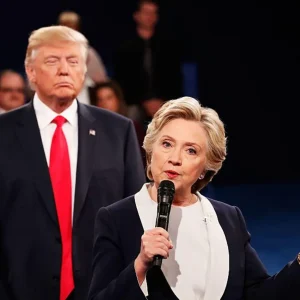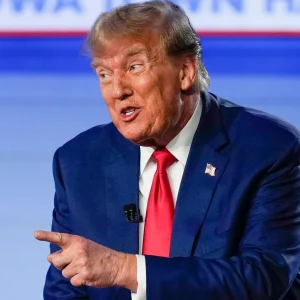Elon Musk’s nomination for the 2025 Nobel Peace Prize has sent ripples across the globe, sparking debates about his influence and what this recognition could mean for his future endeavors. The nomination, reportedly proposed by European Parliament member Branko Grims, cites Musk’s unwavering commitment to free speech, particularly through his transformation of X into a platform prioritizing open discourse. While the Nobel Committee keeps nominee details under wraps for 50 years, the buzz around Musk’s candidacy raises questions about what the world’s most enigmatic innovator might do next.

Musk is no stranger to polarizing attention. His ventures—Tesla, SpaceX, Neuralink, and The Boring Company—have redefined industries, from electric vehicles to space exploration. The Nobel nod, however, shifts focus to his social impact, particularly his role in reshaping online communication. Critics argue that X, under Musk’s stewardship, has faced challenges, with accusations of inconsistent content moderation. Supporters, though, see him as a defender of unfiltered exchange, breaking the grip of traditional media gatekeepers. This nomination could amplify his resolve to push boundaries, not just in technology but in how societies engage with ideas.
What might Musk do next? He’s unlikely to rest on laurels. Historically, Musk doubles down when the stakes are high. SpaceX is already eyeing Mars colonization, with plans for uncrewed missions by 2026. A Nobel nomination could fuel his narrative of uniting humanity—not just on Earth but across planets. Imagine Musk leveraging this moment to pitch interplanetary communication networks, ensuring free speech extends to future Martian settlers. It’s not far-fetched; he’s long framed his work as preserving civilization.
On Earth, Musk’s influence is expanding through ventures like the Department of Government Efficiency (DOGE), where he’s advising on streamlining U.S. bureaucracy. The Nobel spotlight might embolden him to tackle global governance issues, perhaps advocating for transparent, tech-driven systems to reduce corruption or conflict. His critics, wary of his growing political sway, might see this as overreach, but Musk thrives on defying skepticism. He could pivot to Neuralink, accelerating efforts to merge human cognition with AI, framing it as a path to empathy and understanding—qualities the Peace Prize celebrates.
Yet, Musk’s path won’t be smooth. The nomination has detractors who question his methods, pointing to X’s turbulent moments or Tesla’s labor disputes. Winning the prize is no guarantee; the committee’s 338 candidates include heavyweights like Pope Francis. Even if Musk doesn’t win, the nomination cements his role as a global provocateur. He might respond by doubling down on X, refining its algorithms to balance openness with accountability, or launching initiatives to empower marginalized voices.
Musk’s next steps will likely blend audacity with pragmatism. He could fund peace-tech startups, aligning innovation with diplomacy, or host global forums on X to debate humanity’s future. Whatever he chooses, the nomination has thrust him deeper into the arena of ideas, where he’s never shied away from a fight. The world watches, wondering if Musk will chase peace as fiercely as he’s chased progress.






